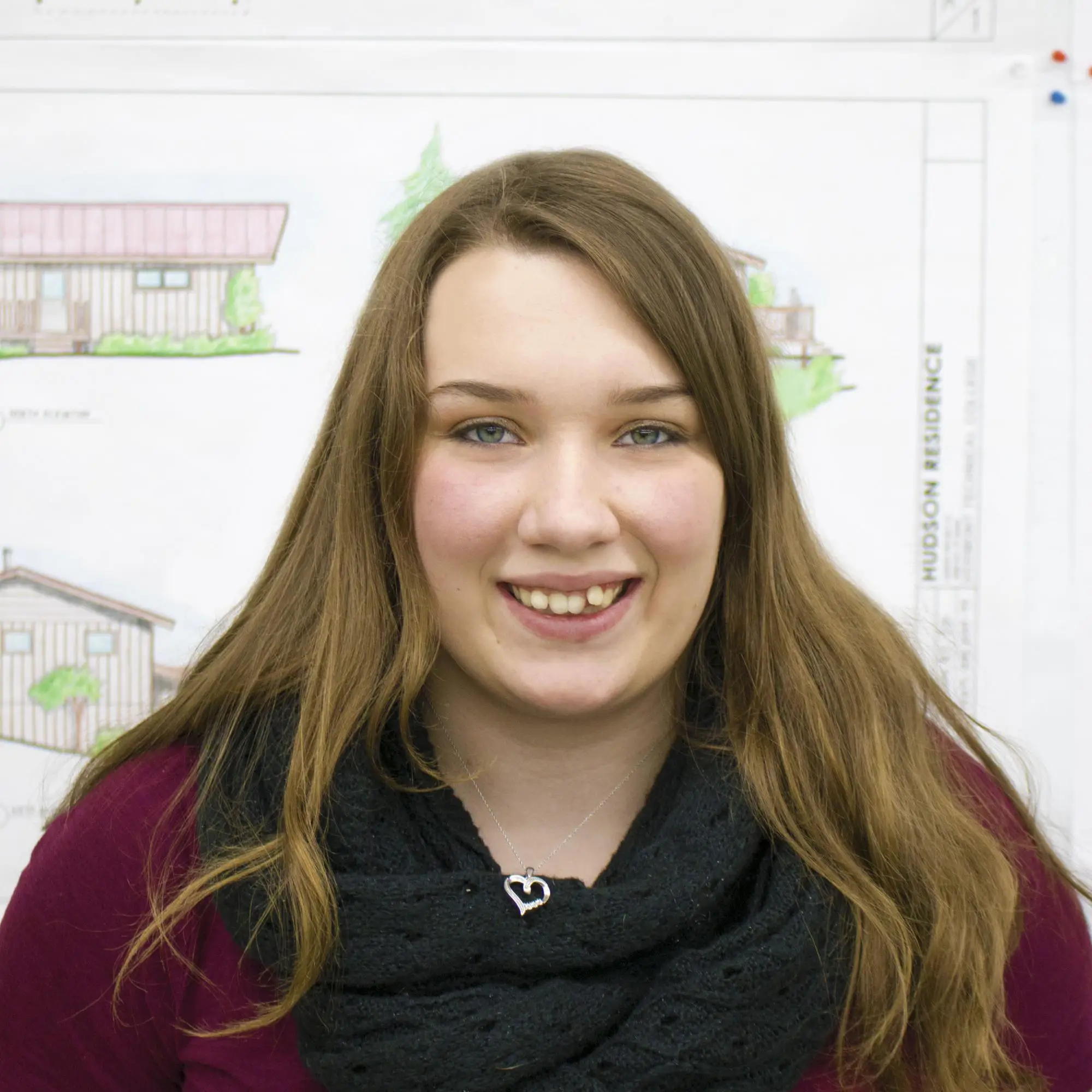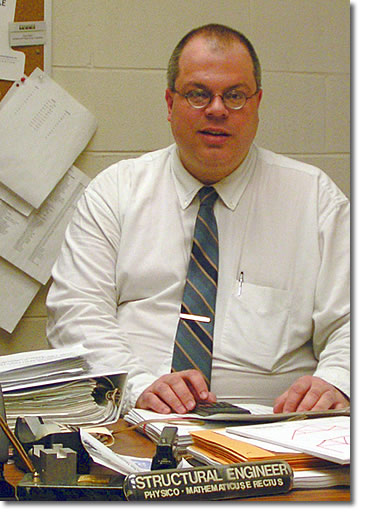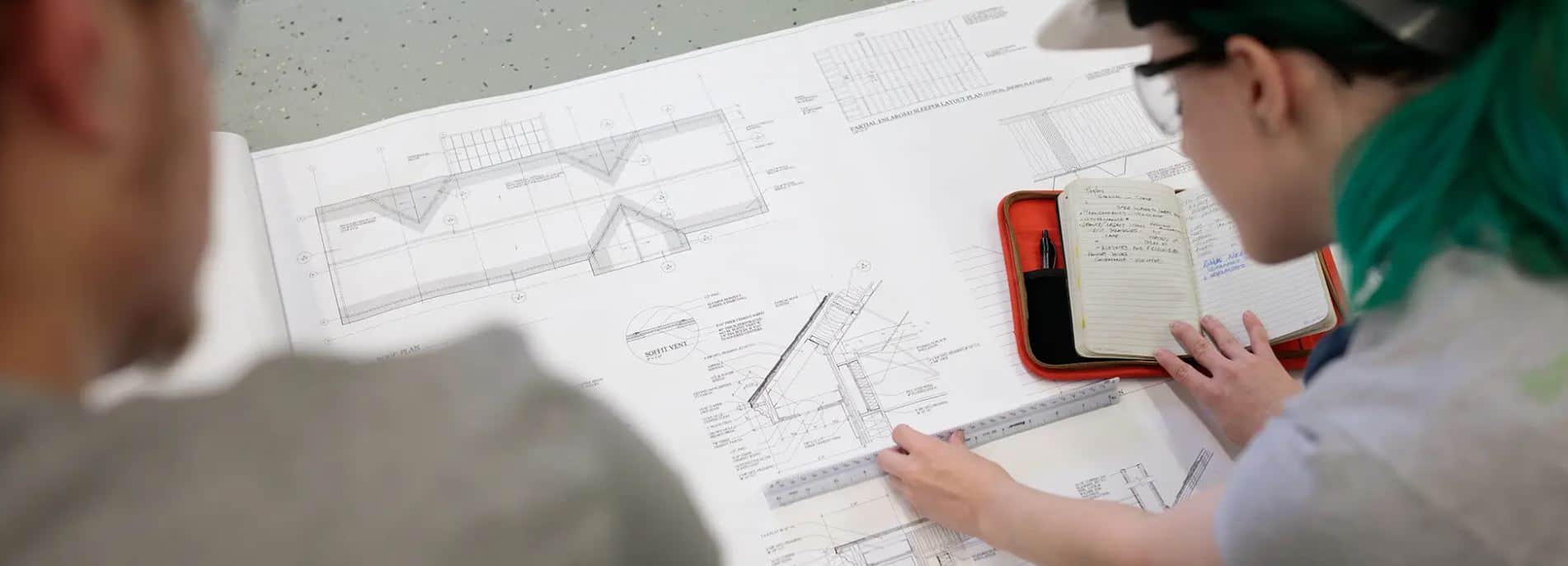Why Study Architectural Engineering Technology at Vermont State?
- Broad Career Options: Explore the breadth of the design and construction field and find your fit. As you complete your architectural engineering degree, you’ll gain exposure to many distinct specialties so you can identify the area that matches your skills and interests best, ranging from the artistic and aesthetic to the scientific and technological.
- Work-Ready Skills: After you graduate, start any architectural engineering job with confidence. Our hands-on program includes practical experience in project design, planning, and management. The program includes design and construction topics like architectural design and drawings using Autodesk Revit, analyzing loads, and designing heating, cooling, electrical, lighting, and structural elements. The program includes project management topics like confirming code compliance and estimating costs.
- Professional Engineer (PE) Licensing Preparation: Choose the path to greater pay and career opportunity. A B.S. in Architectural Engineering Technology from Vermont State will qualify you to take the Fundamentals of Engineering (FE) exam in many states. This is the first step toward earning your Professional Engineer’s license, which you can obtain after completing a set period of work experience and passing an additional exam.
- Emphasis on Sustainability: Learn the key elements of green design, including energy efficiency, materials sourcing and use, and cost savings. Your knowledge will give you an edge in a context where companies increasingly pay attention to the environmental impact of building activities.
- Small Class Sizes: Gain the educational and career benefits of individualized attention. A student-teacher ratio of 14:1 means that your instructors will know you personally and provide individualized instruction and support when you need it.
Request Information
Sample Courses
- Construction Materials & Methods
- Architectural Design I
- Steel Structures Design
- HVAC Systems
- Electrical/Lighting Systems
- Design Systems Integration
- Building Information Modeling
Student Stories

“Seeing how many women and men were interested in the Women in Engineering and Technology Club inspired me. The community is incredibly supportive and encouraging.”
Samantha Daniels

“It was especially helpful to have applied classes that were relevant to the field. Having some knowledge of Revit [a modeling software] allowed me to jump in and start drafting my first week on the job.”
Caleb Bristol
Meet Our Faculty








